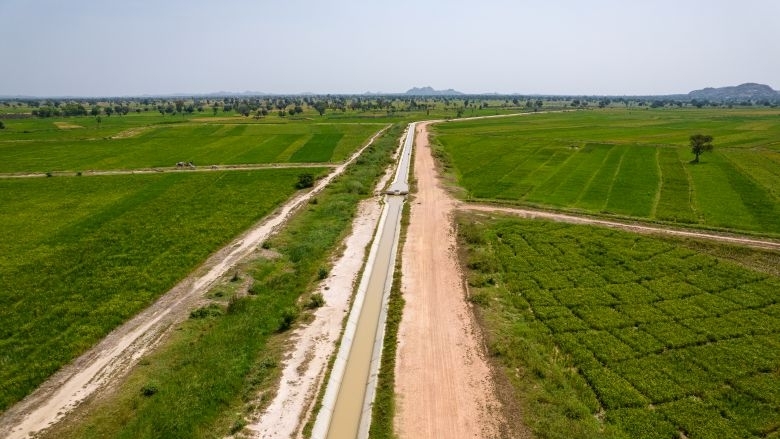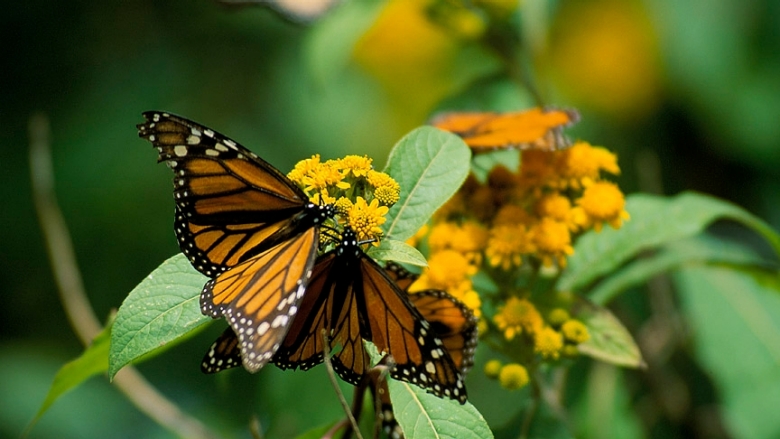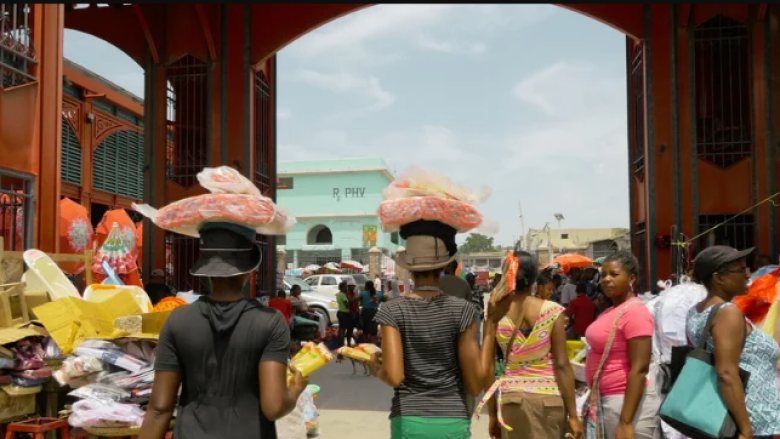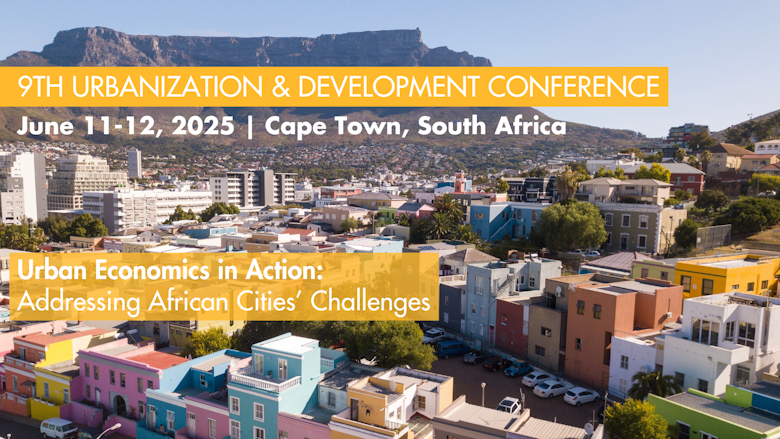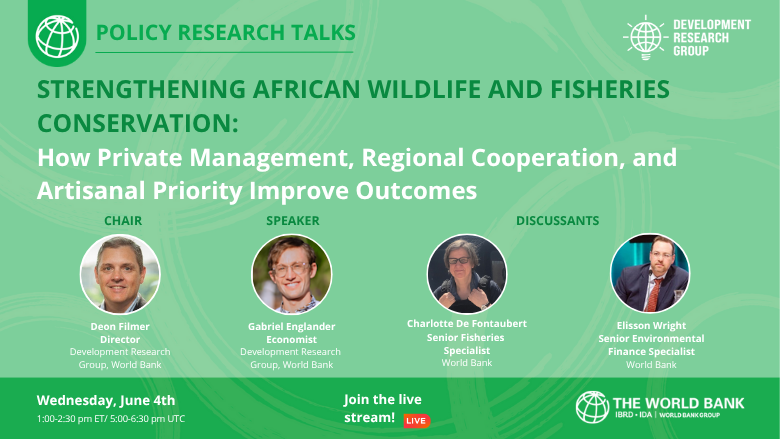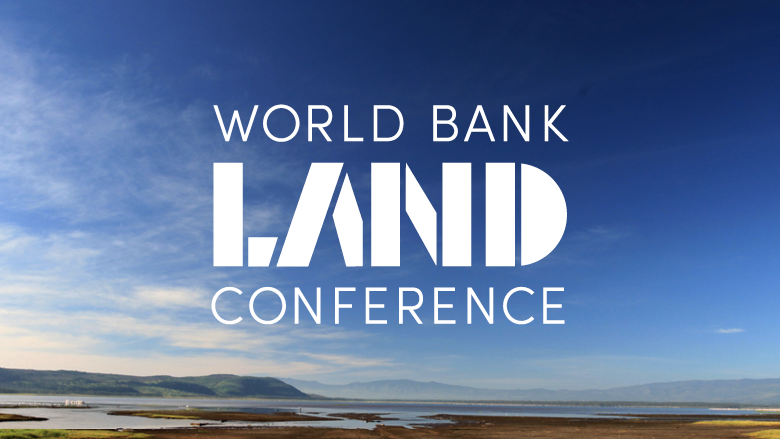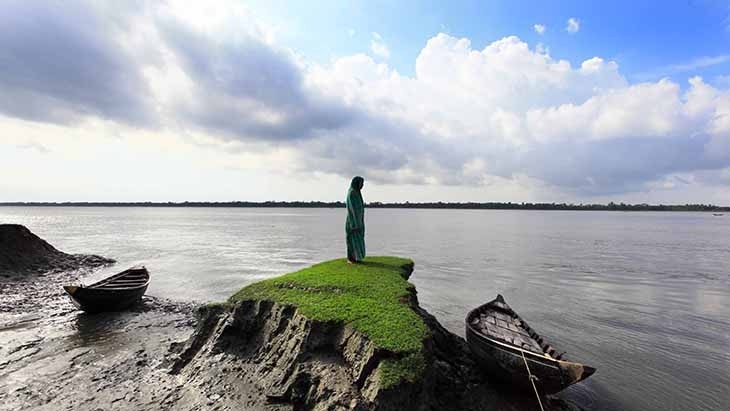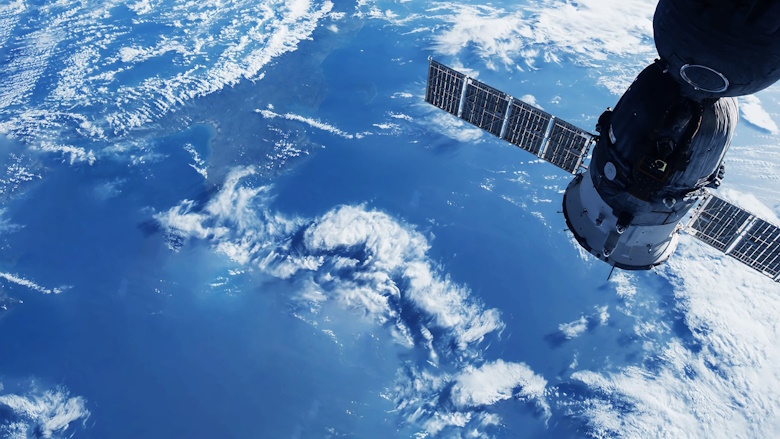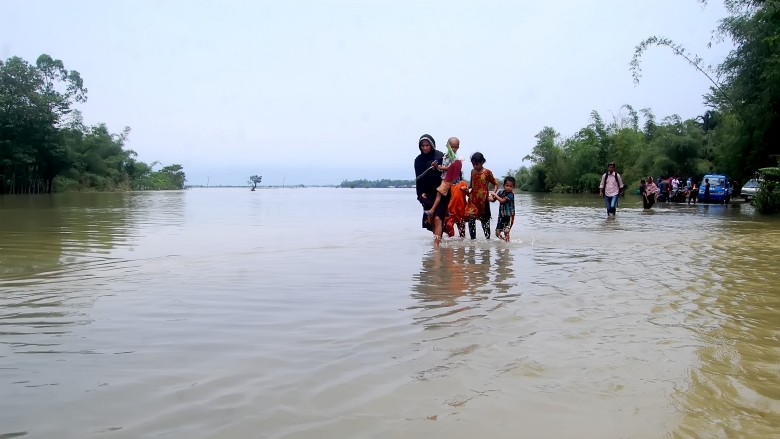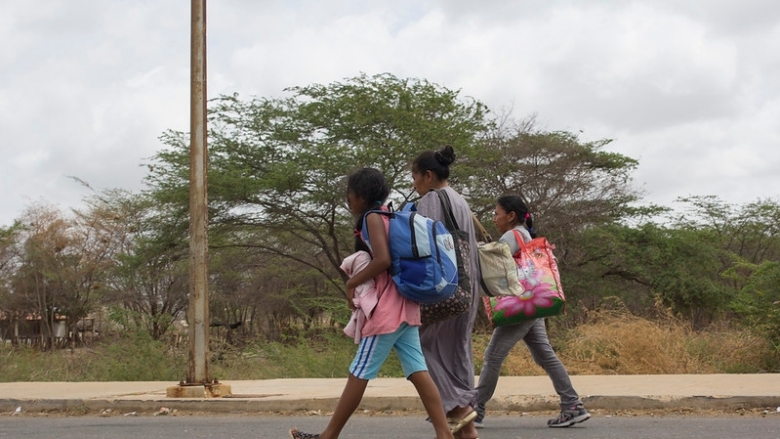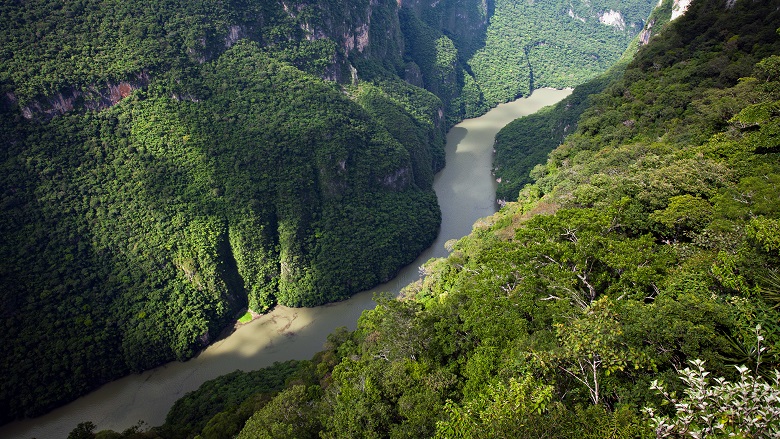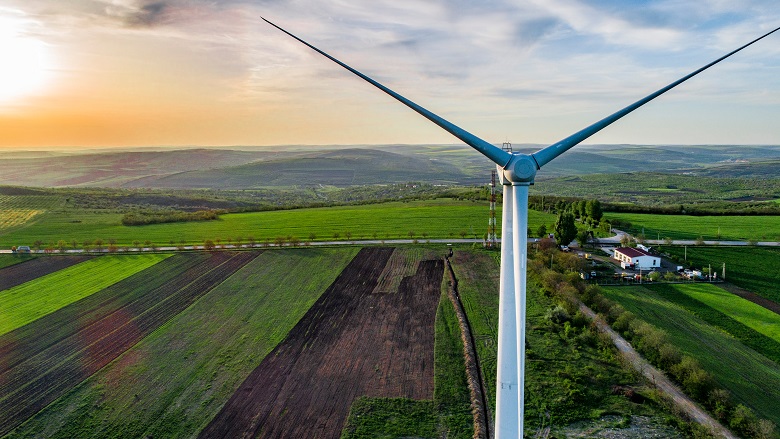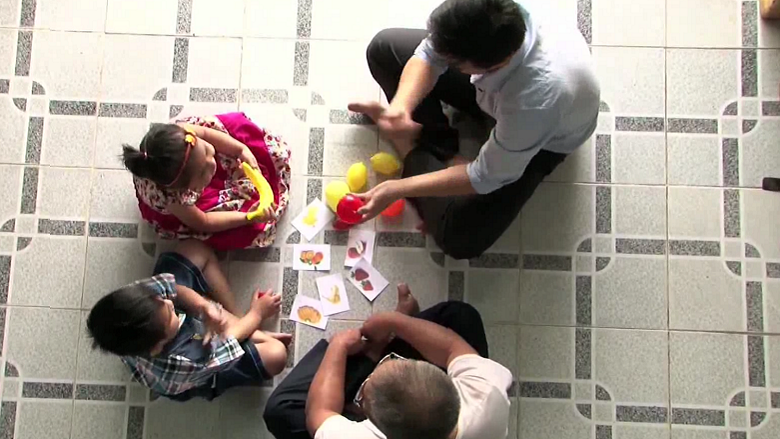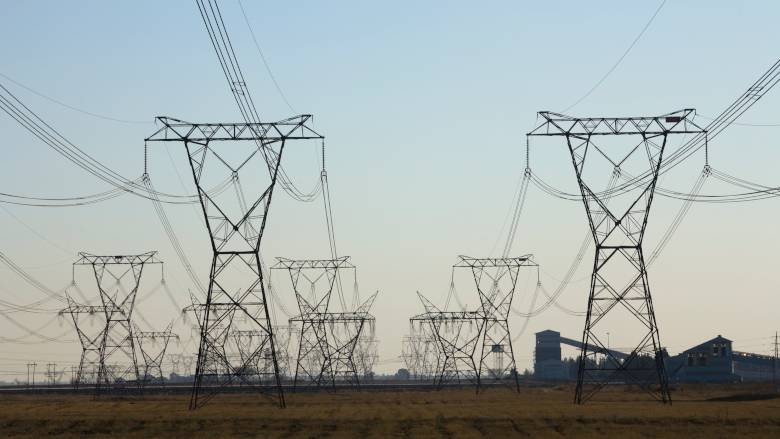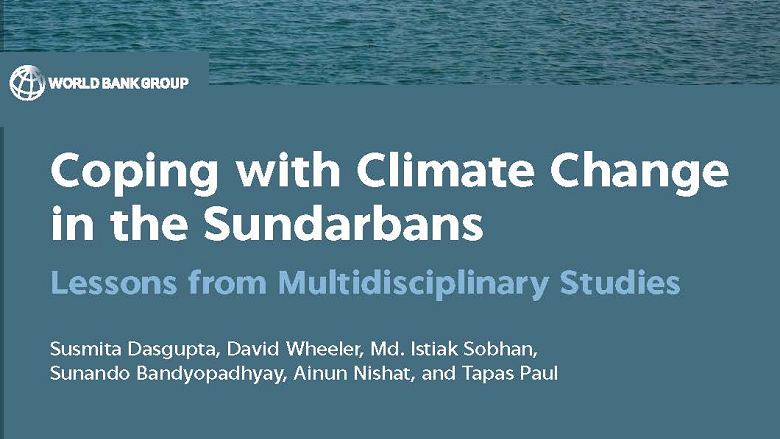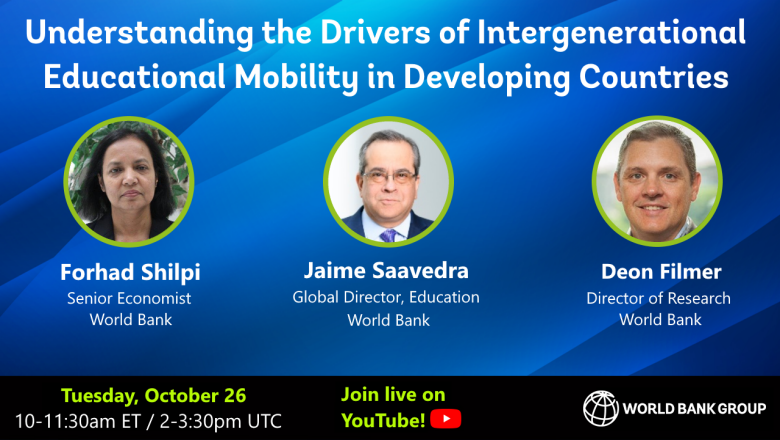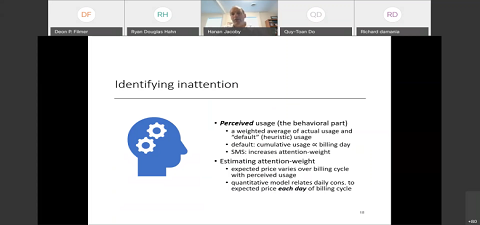LATEST WORKING PAPERS
Deterring Industrial Vessels from African Coastal Fisheries
Aishwarya Agarwal and Gabriel Englander
World Bank Policy Research Working Paper 11222, September 2025
Using Remotely Sensed Data to Assess War-Induced Damage to Agricultural Cultivation: Evidence from Ukraine
Klaus Deininger, Daniel Ayalew, Nataliia Kussul, Guido Lemoine, Andrii Shelestov, and Leonid Shumilo
World Bank Policy Research Working Paper 11221, September 2025
Economics of Household Cooking Using Electricity in Nepal
Sunil Malla, Govinda R. Timilsina, and Martin P. Heger
World Bank Policy Research Working Paper 11157, June 2025
Yield Gains from Balancing Fertilizer Use: Evidence from Eastern India
Julian Arteaga, and Klaus Deininger
World Bank Policy Research Working Paper 11134, May 2025
Certified to Stay? Long-Run Experimental Evidence on Land Formalization and Widows’ Tenure Security in Benin
Ioana Botea, Markus Goldstein, Kenneth Houngbedji, Florence Kondylis, Michael O’Sullivan, and Harris Selod
World Bank Policy Research Working Paper 11102, April 2025
Capitalizing on Digital Transformation to Enhance the Effectiveness of Property Institutions: Conceptual Background and Evidence from 85 Countries
Klaus Deininger, Thea Hilhorst, Jaap Zevenbergen, and Emmanuel Nkurunziza
World Bank Policy Research Working Paper 11100, April 2025
This section highlights a few recent working papers. For a full list of working papers, please see: More Working Papers
